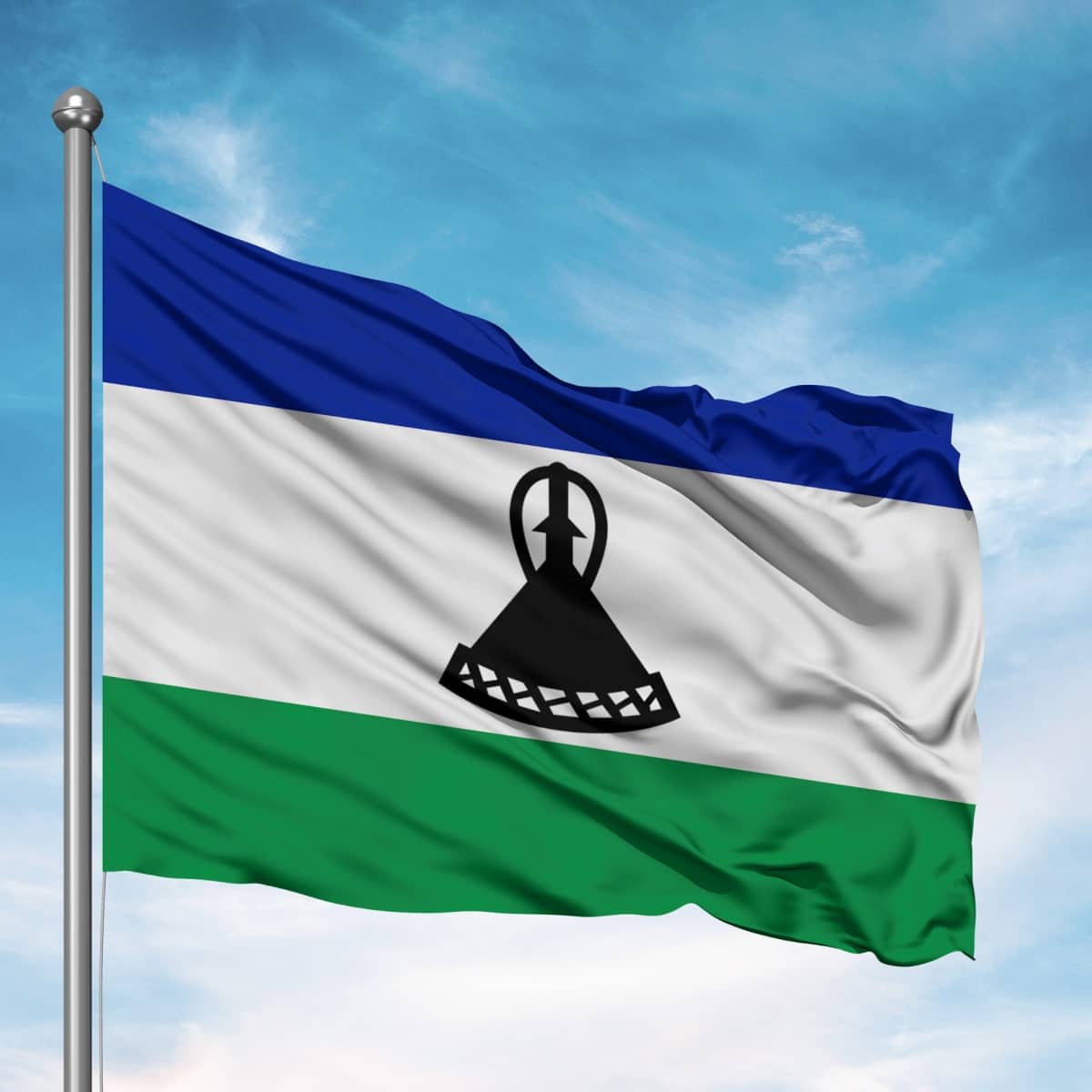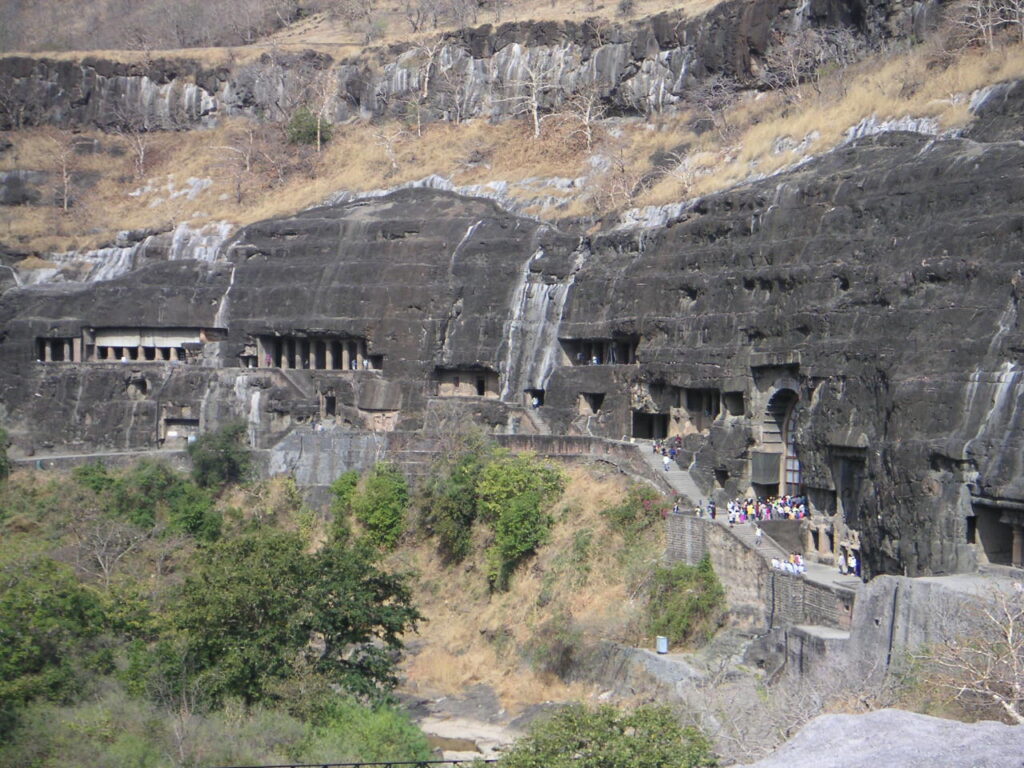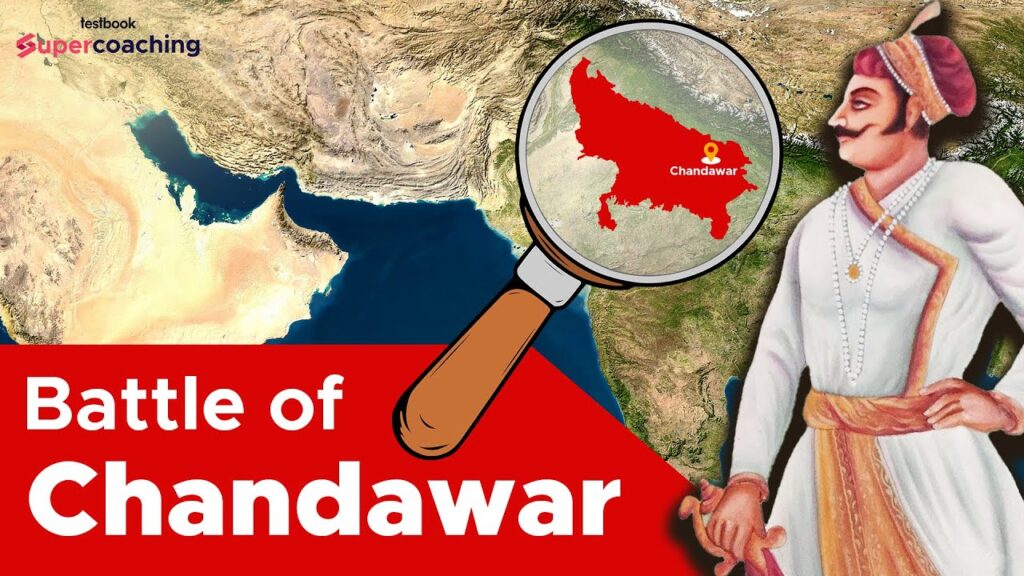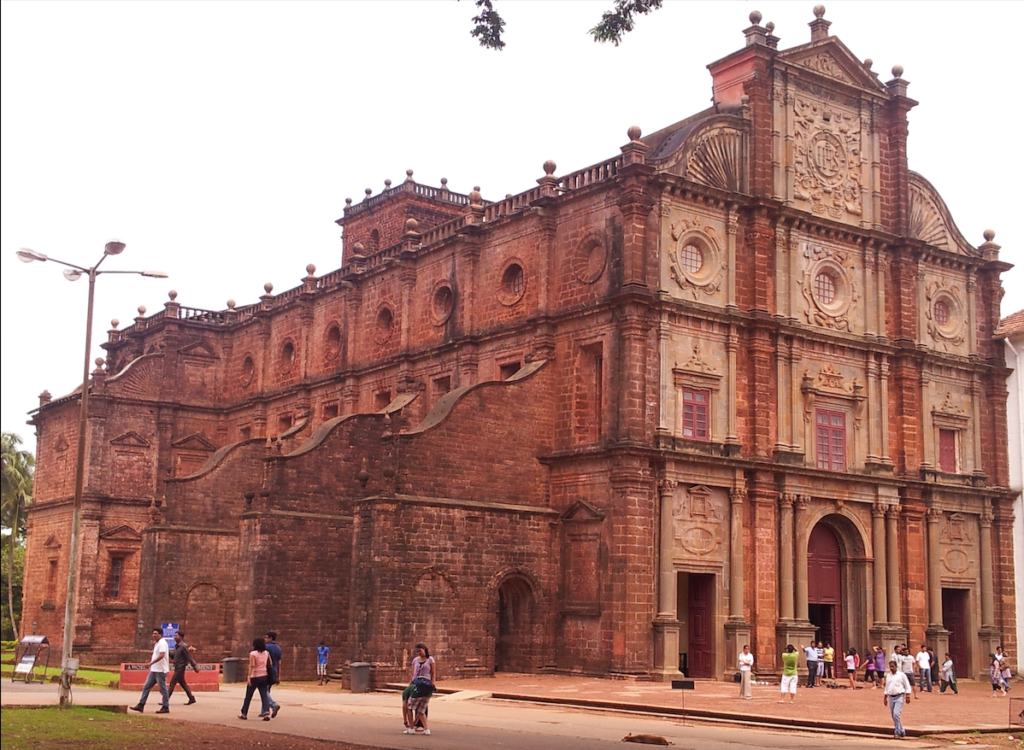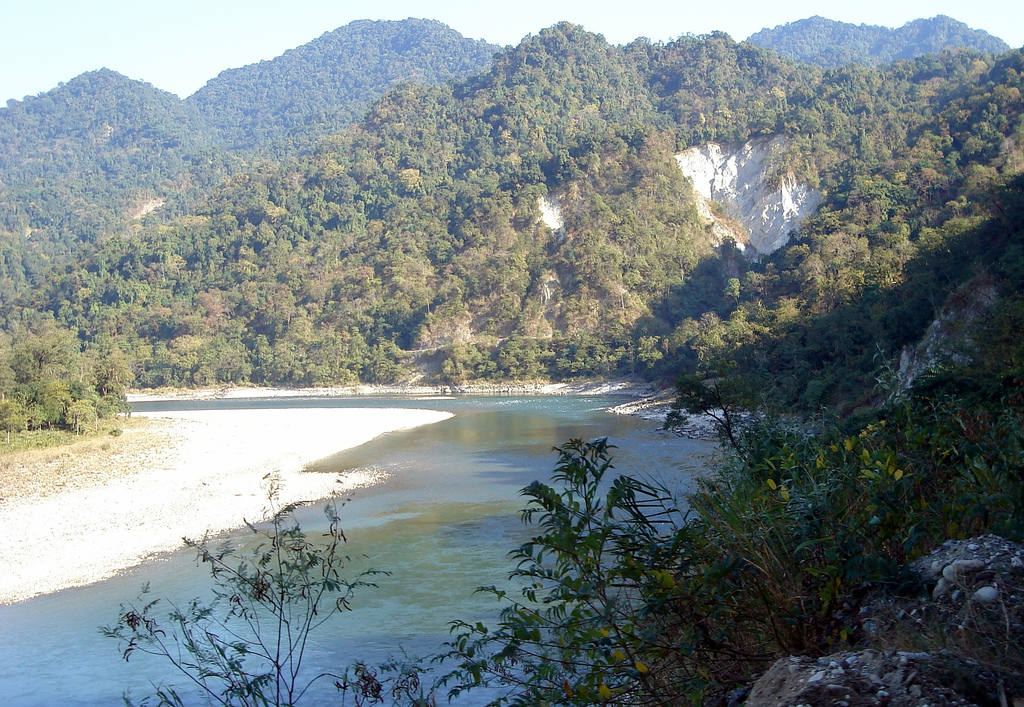Lesotho Independence Day, celebrated on October 4th each year, commemorates the day in 1966 when the Kingdom of Lesotho gained independence from British colonial rule. As the only country in the world entirely surrounded by another country (South Africa), Lesotho’s independence holds particular significance in the context of African decolonization and nation-building. To delve into the rich history and significance of Lesotho’s Independence Day, we must explore the country’s colonial past, the struggle for independence, and its journey toward sovereignty and self-determination.
Pre-Colonial History:
The story of Lesotho’s independence is intertwined with its pre-colonial history, characterized by the rise of powerful African kingdoms in the region. One of the most notable kingdoms was the Basotho kingdom, established by King Moshoeshoe I in the early 19th century. Moshoeshoe I, a skilled diplomat and military strategist, unified various Sotho-speaking clans under his rule and successfully resisted encroachment by European settlers and rival African kingdoms.
Colonial Era:
Lesotho’s fate changed with the arrival of European colonial powers in southern Africa. In the 19th century, the region witnessed a scramble for colonies among European powers, primarily Britain and the Netherlands. Lesotho, then known as Basutoland, became a British protectorate in 1868 following a series of conflicts between the Basotho and the British colonial forces.
Under British colonial rule, Basutoland experienced significant social, economic, and political transformations. The British implemented indirect rule, allowing traditional authorities to maintain some degree of autonomy while establishing colonial administrative structures. However, colonial policies such as land dispossession, forced labor, and taxation had profound impacts on Basotho society, leading to resistance and discontent among the population.
Struggle for Independence:
The desire for self-determination and independence grew stronger in Basutoland as the winds of change swept across Africa in the mid-20th century. Influenced by pan-Africanist movements and inspired by the successes of other African nations in gaining independence, Basotho leaders and activists began advocating for political autonomy and sovereignty.
The Basutoland African Congress (BAC), founded in 1952, emerged as a leading political organization advocating for independence. Led by figures like Ntsu Mokhehle and Potlako Leballo, the BAC mobilized support for the cause of self-government through peaceful protests, petitions, and political activism.
In response to growing nationalist sentiments, the British colonial authorities initiated constitutional reforms aimed at granting Basutoland greater autonomy. In 1959, the first elections under universal adult suffrage were held, leading to the formation of a legislative council with limited powers. Despite these reforms, the demand for full independence remained a central goal of the nationalist movement.
Road to Independence:
The path to independence was not without challenges and setbacks. Internal divisions within the nationalist movement, as well as external pressures from neighboring South Africa, complicated Lesotho’s journey toward sovereignty. South Africa, under apartheid rule, viewed the prospect of an independent Lesotho with suspicion and sought to exert influence over its smaller neighbor.
Despite these obstacles, negotiations between Basotho leaders and British colonial authorities continued, leading to the drafting of a constitution and the establishment of a transitional government in preparation for independence. Finally, on October 4th, 1966, Basutoland formally gained independence from Britain and was renamed the Kingdom of Lesotho. King Moshoeshoe II became the country’s first monarch, and Chief Leabua Jonathan became its first Prime Minister.
Post-Independence Challenges:
The attainment of independence marked the beginning of a new chapter in Lesotho’s history, characterized by both achievements and challenges. The fledgling nation faced numerous obstacles, including political instability, economic underdevelopment, and social tensions. Internally, power struggles and political rivalries hampered efforts to consolidate democratic institutions and promote national unity.
External pressures, particularly from South Africa, further complicated Lesotho’s development trajectory. The apartheid regime in South Africa maintained a strong influence over Lesotho’s economy and politics, often using its leverage to destabilize the country’s government and suppress opposition movements. Lesotho’s geographical position as an enclave within South Africa made it vulnerable to external interference and economic manipulation.
Resilience and Progress:
Despite these challenges, the people of Lesotho demonstrated resilience and determination in their quest for progress and prosperity. The government implemented policies aimed at promoting economic development, expanding access to education and healthcare, and strengthening democratic institutions. International assistance and cooperation, particularly from organizations like the United Nations and the African Union, supported Lesotho’s efforts to address its socio-economic challenges.
In recent decades, Lesotho has made significant strides in various areas, including healthcare, education, and infrastructure development. Efforts to diversify the economy, particularly through investments in mining, agriculture, and tourism, have contributed to economic growth and improved living standards for many Basotho.
Contemporary Challenges and Opportunities:
While Lesotho has made progress since gaining independence, it continues to face several pressing challenges. Political instability, corruption, and governance issues remain persistent concerns, threatening the country’s stability and development prospects. Socio-economic disparities, particularly between urban and rural areas, exacerbate poverty and inequality, posing significant obstacles to sustainable development.
Additionally, Lesotho grapples with environmental challenges, including land degradation, water scarcity, and climate change impacts. The country’s reliance on agriculture and natural resources makes it particularly vulnerable to environmental degradation and climate variability, necessitating urgent action to build resilience and mitigate risks.
Despite these challenges, Lesotho possesses significant opportunities for growth and development. Its strategic location, abundant natural resources, and young population present avenues for economic diversification, innovation, and investment. Leveraging these assets, along with continued international support and cooperation, can enable Lesotho to overcome its challenges and realize its full potential as a sovereign and prosperous nation.
Conclusion:
Lesotho’s Independence Day serves as a poignant reminder of the country’s journey from colonial subjugation to sovereign nationhood. It commemorates the sacrifices and struggles of the Basotho people in their quest for freedom, dignity, and self-determination. While challenges persist, the resilience and determination of the Basotho offer hope for a brighter future built on principles of democracy, inclusivity, and sustainable development. As Lesotho continues its march toward progress and prosperity, the spirit of independence remains a guiding beacon, inspiring generations to uphold the values of freedom, justice, and equality.

